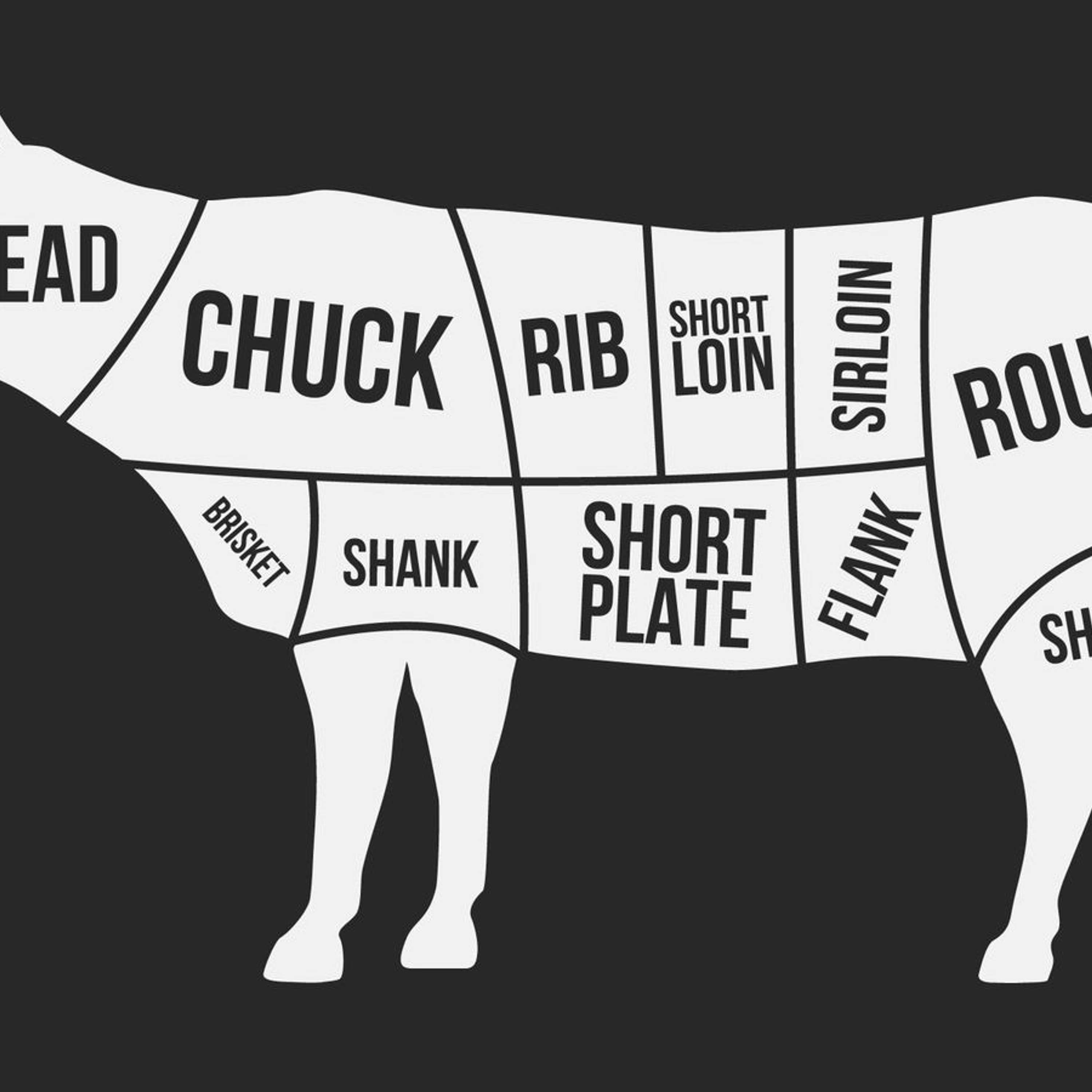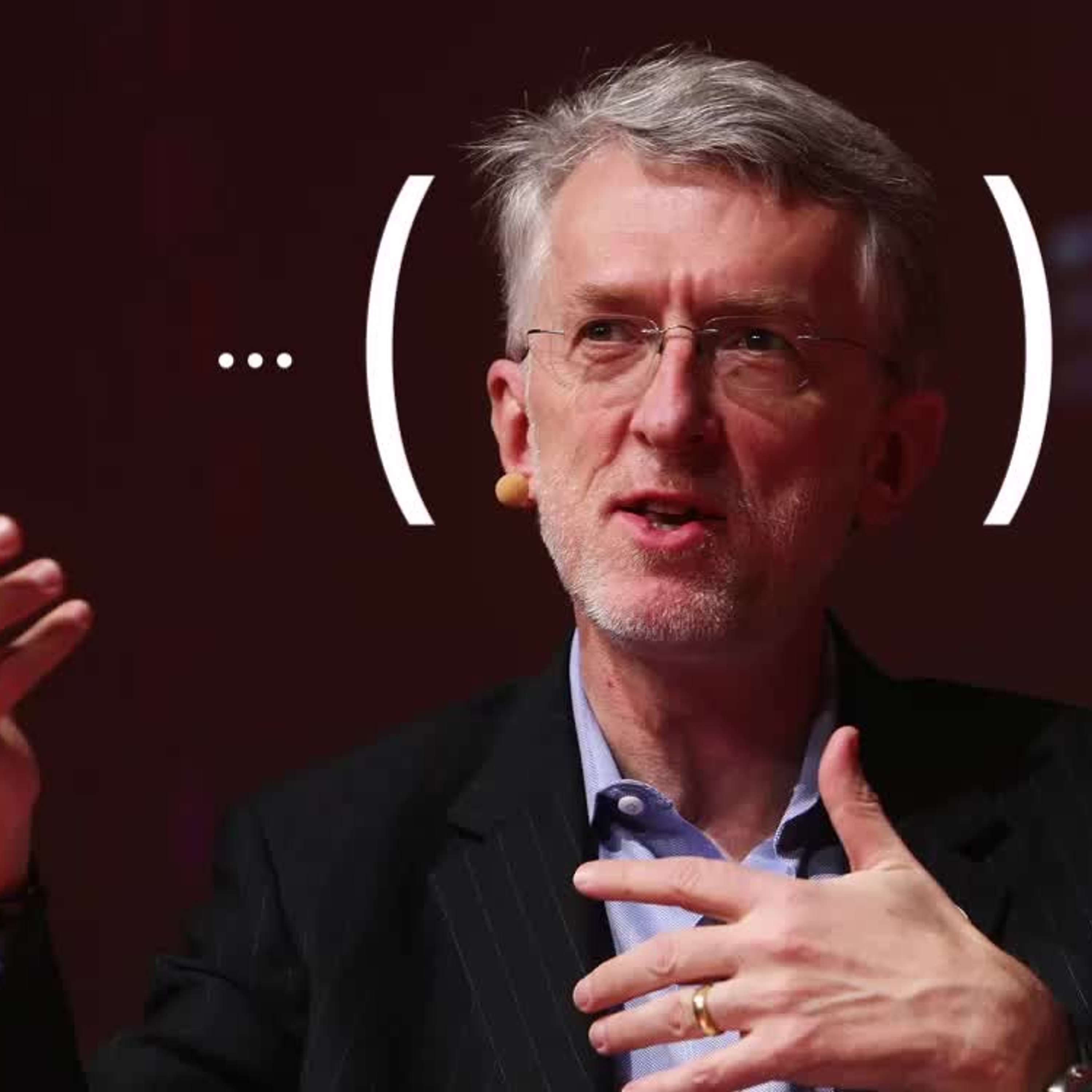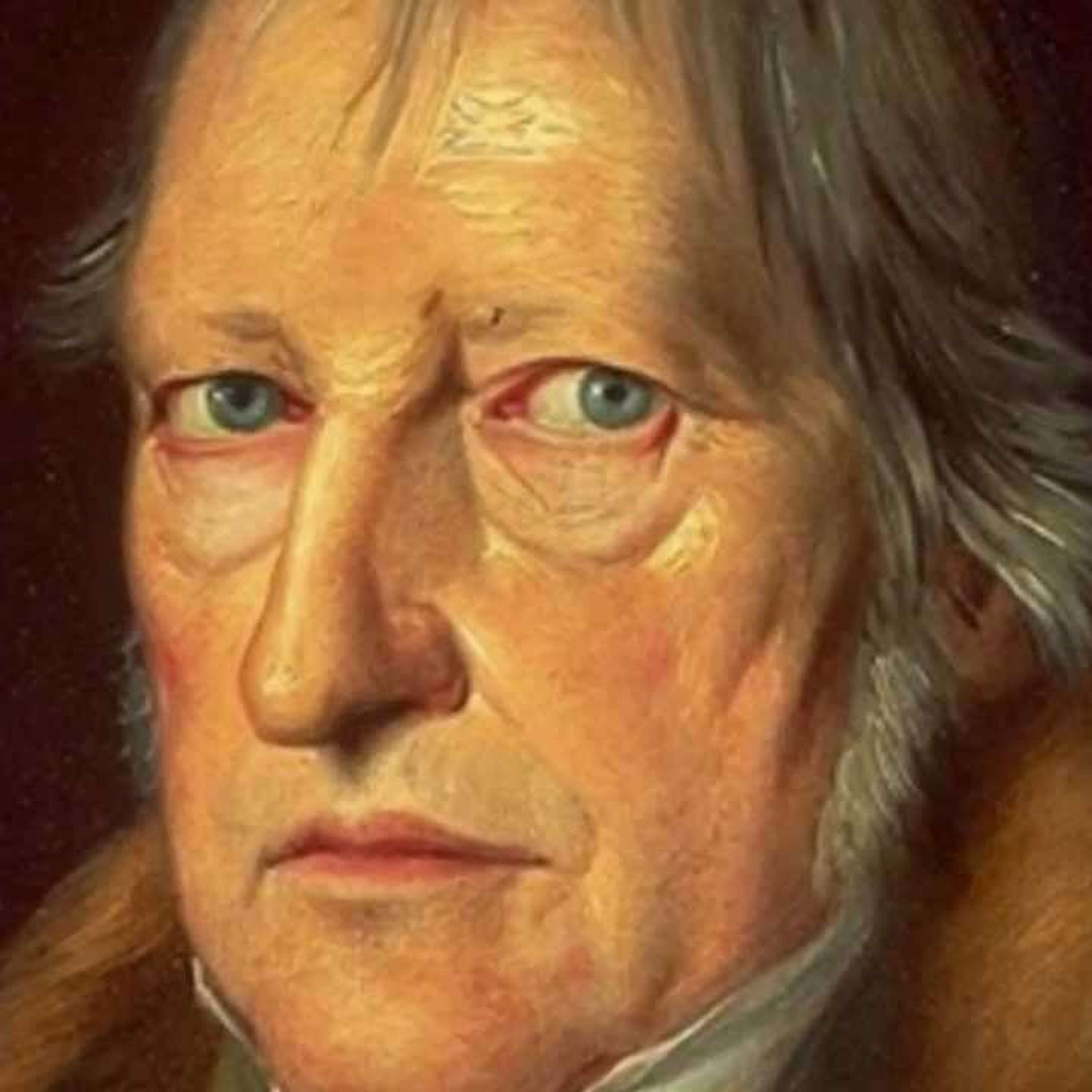Voting
Description
Does voting matter?
Voting is often heralded as the cornerstone of democracy, a fundamental right that empowers citizens to influence the direction of their government and society. Proponents argue that every vote counts, that it is through the collective decisions of the electorate that leaders are held accountable, policies are shaped, and societal change is enacted. They highlight the historical struggles and sacrifices made to secure voting rights, particularly for marginalized groups, as evidence of its profound importance. Voting is seen not merely as a civic duty, but also a moral duty, a vital expression of individual agency and a mechanism for ensuring that diverse voices contribute to the governance of a nation.
Conversely, critics of the current voting system note that voting often feels inconsequential. Systemic issues like gerrymandering, voter suppression, and the outsized influence of money in politics distort the democratic process, leading to a sense of disenfranchisement among otherwise enthusiastic citizens. The winner-takes-all format in the US leaves many feeling that their votes do not translate into meaningful representation.
These challenges-- where voters become convinced that their votes don't matter--diminish public trust in the electoral process and fuel apathy, prompting a critical examination of whether voting, in its current form, truly reflects the will of the people or merely perpetuates existing power structures. Does every vote truly matter, or is it just another drop in a vast, indifferent ocean?
Full episode notes available at this link:
https://hotelbarpodcast.com/podcast/episode-149-voting
-------------------
If you enjoy Hotel Bar Sessions podcast, please be sure to subscribe and submit a rating/review! Better yet, you can support this podcast by signing up to be one of our Patrons at patreon.com/hotelbarsessions!
Follow us on Twitter/X @hotelbarpodcast, on Facebook, on TikTok, and subscribe to our YouTube channel!
























